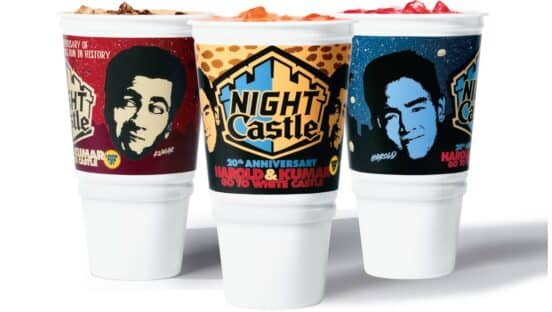The quick-service industry has been abuzz over the nation’s transition to EMV, a global standard for credit and debit cards equipped with chips aimed at preventing fraudulent charges. And small restaurant operations will likely face more hurdles making preparations for the transition.
“Generally speaking, small businesses don’t have the same financial resources as larger merchants and cannot dedicate as much time and money to reviewing payment options and potential security issues,” says Steve Mathison, vice president of payment acceptance at payment processing company First Data, in an email. “They rely on their acquirer to provide guidance on best practices around security concerns.”
Mathison says the most important part of EMV preparedness for a small business is for an operator to think of EMV as more than a fraud-fighting technology, which it is, but a single piece of a larger integrated security program that includes encryption and tokenization. While EMV can prevent the use of fraudulent charges, encryption and tokenization keeps a merchant’s collected data safe. That means peace of mind for consumers, he adds.
“By having a comprehensive security program that includes EMV, encryption and tokenization, a consumer can be confident they are protected from cybercriminals using their data inappropriately,” Mathison says. He recommends quick-serve operators work with a financial institution to understand all the resources available to them.
The new chip cards will require new POS systems and change how consumers use their debit and credit cards—gone are the days of swiping a magnetic strip, to be replaced with the a dipping motion for EMV cards. Mathison says this presents an opportunity for small quick-service businesses to educate consumers.
“A small [quick serve] can use that opportunity to explain to customers that this new process protects the cardholder,” he says. “This, in turn, assures customers that transacting with that small [quick serve] is a safe, trusted event.”
By Tamara Omazic









